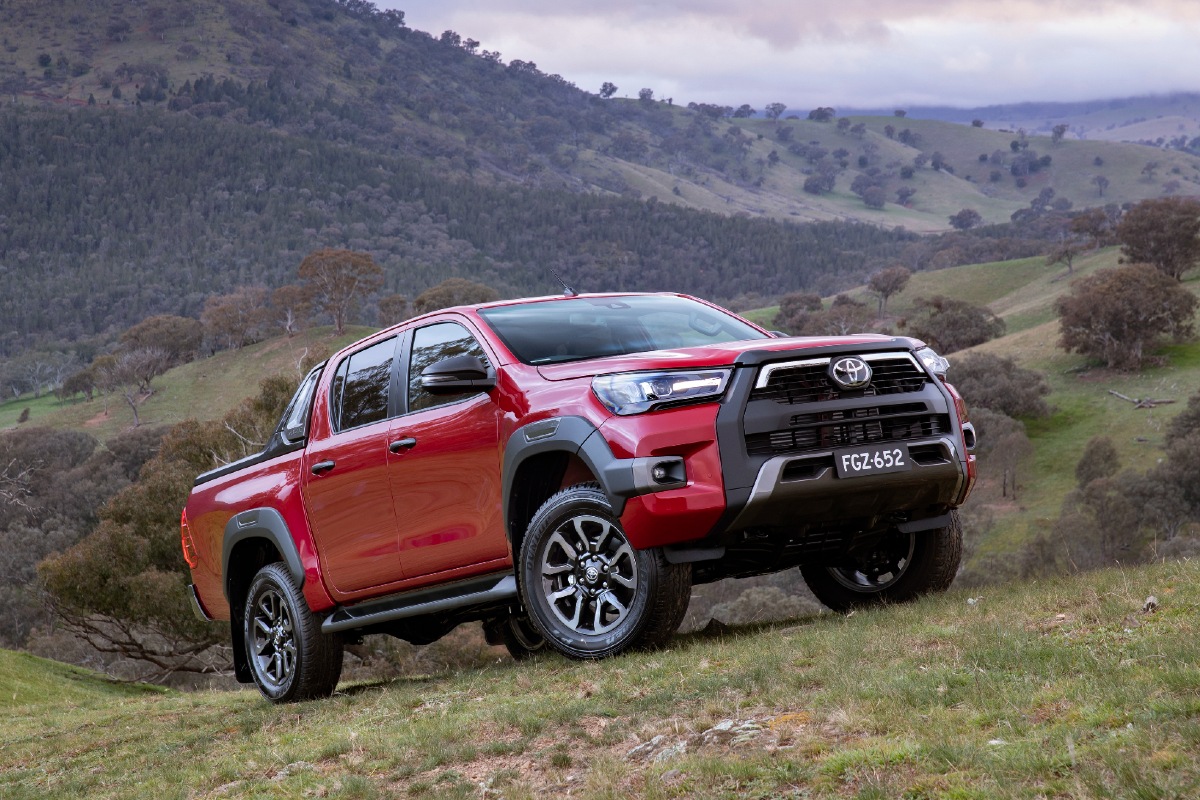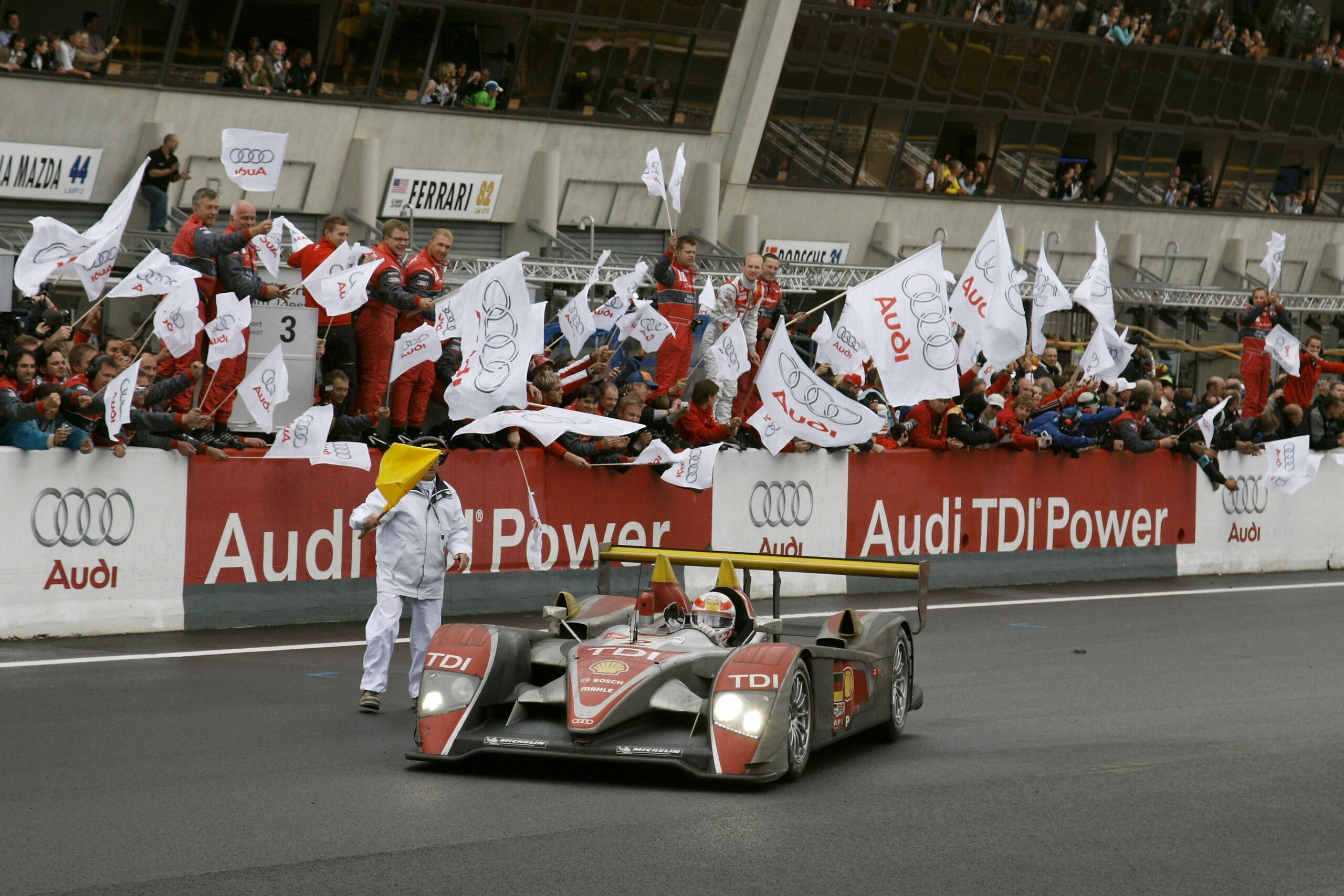
Volvo announced the other day, like the self-righteous company they can be from time to time, that they had produced their final diesel powered vehicle. But why does it appear that diesel engines are on the nose these days and will they disappear from other manufacturer offerings?
The fact is, that after years of promoting diesel powered cars for all the right reasons, the Europeans are increasingly turning their back on them and creating barriers, such as the low emissions zones of London, to their use.
But should we, and many other countries around the world, follow their lead on this? I believe not.
The modern diesel engine is a highly efficient power plant and has the capability to be far cleaner than ever, with the use of contemporary technology.
READ MORE: Volvo commits to EV future
First and foremost, diesel fuel itself contains more energy per litre than unleaded petrol. That’s a fact, and that translates into better economy. Better economy equals more efficiency. And anyone with any experience of driving both diesel and petrol powered variants of the same model will testify to the fact that the favourable delta of the diesel over the petrol on paper, in terms of consumption, only increases in real world circumstances.
It’s also important to take into consideration the undoubted reliability and longevity advantages of good diesel engines. Check out the number of kms on the odometer of the average Mercedes diesel taxi in any number of countries around the fringes of Europe. Furthermore, just look at the mileages covered by commercial vehicles across this country. Surely it’s more efficient to get one million kilometres from one engine than building four petrol ones to do the same thing?
There’s no doubt that many petrol engined cars have made huge strides in terms of economy in recent years, but diesel still has the edge. In fact, if the major car manufacturers had continued to put the same level of investment into diesel technology over the last decade that they did over the two previous decades, then diesel engines would be even better today. Unfortunately, that investment has been scaled back.

Diesel is here to stay though. It’s no more expensive (often cheaper) to make than unleaded petrol and is the mainstay of the movement of goods across almost every nation on the planet. Importantly, especially in developing countries with poorer infrastructure, it’s less volatile than petrol products. That makes transportation and storage that much safer.
Moreover, and maybe this is an increasingly important issue for everyone given the geopolitical state of the world right now, diesel is the fuel of every war machine in every country. Quite simply, petrol is all but useless in a time of war. The turbine engines in some tanks may run on almost anything that can be thrown at them, but diesel engines power almost all the support vehicles, personnel carriers and generators.
So, diesel isn’t going anywhere despite Volvo opting out.
What is needed in the ‘Rest of the World’ (i.e. outside Europe) is an open approach whereby the development of increasingly efficient, clean, diesel technology is actively encouraged. And that should include proper hybrid drive trains with 80-100km of electric range. This would be highly useable and allow the diesel power units to run at fairly constant speed (on the open road) for much of their lives, the type of running that a diesel engine really excels at.
Volvo probably hasn’t got ambitions to sell many cars in Africa, South-East Asia and South America, but for those manufacturers who have, this technology is going to be relevant for decades to come. In fact, extended range hybrid diesel powertrains could, and should, be the mainstay of the light commercial vehicle market in many places, including Europe.
Here in Australia, diesel fuel has had a lower sulphur content than petrol for years. So, it’s not dirtier (with particulates filters), it’s more economical, and engines generally last a lot longer. What’s not to like? Especially when you factor in the higher torque outputs of most diesel engines that enhances driveability.

And then look down the road to second hand values. The unpredictable used prices of electric vehicles, for instance, is now causing havoc in many markets around the world as more and more of them become available. Diesel engined cars, on the other hand, generally hold their value better than petrol equivalents, especially on anything of any size and as the years roll by the delta gets greater.
The Japanese manufacturers have never really got into diesel engines (albeit they sell a hell of a lot of them in HiLuxs, Navaras and LandCruisers etc) in the same way that the Euros did 20 years ago. But now those same European makers are increasingly leaving the door open for others to adopt, and improve, the technology that led to Le Mans 24-hour wins, for instance, in the hands of Peugeot and Audi.
Given that Toyota clearly appears to have the most open mind of any manufacturer anywhere in the world in terms of where power units are going, we should look to them to not only develop real hybrid diesel technology, but also to get back into developing diesel internal combustion engines with vigour.
Diesel will be a part of the future, with or without Volvo.











Discussion about this post